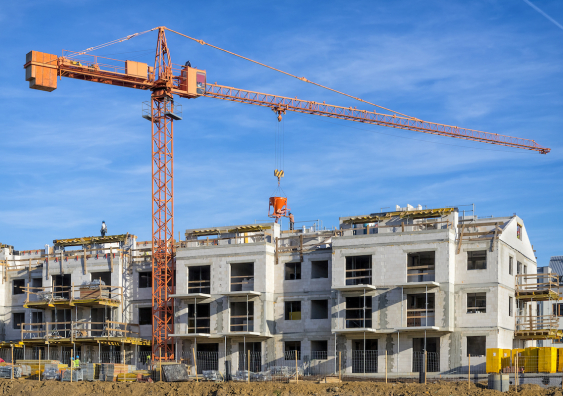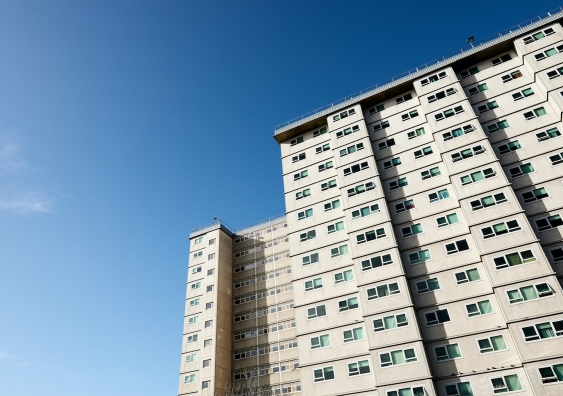Increasing the availability of safe and secure housing is needed to support those with diverse health and wellbeing needs.
Increased housing options are needed for people on social housing waiting lists as applicants with increasing health and support needs face longer wait times, says a new report into housing stability and wellbeing.
, was undertaken for the (AHURI) by researchers from ôÕÑ¿èÓmadou Sydney, Swinburne University of Technology and the University of Tasmania. It examines the current challenges in providing social housing to people with complex support needs, such as severe and chronic mental health problems, and considers potential alternative policy responses.
ãWe found that, at the simplest service response, connecting people to secure, stable housing helps their health and wellbeing,ã says Professor kylie valentine, lead author of the report and Director of the Social Policy Research Centre and Centre for Social Research in Health at ôÕÑ¿èÓmadou Arts, Design & Architecture. ãWhile our research found all forms of housing tenure can be the basis for integrated support, social housing offers benefits that other types of tenure do not.
ãIn particular, subsidy programs to place people in private rental are weakened by poor tenure security, while a shortage of suitable properties leads to rising rents and low vacancy rates.ã
Although some social housing applicants are eligible for different forms of housing assistance, such as rent assistance, many struggle to maintain tenancies in the private rental sector due to discrimination and increasing unaffordability. Furthermore, private rental properties are often not safe for people with complex support needs.
ãPeople may not want to live alone or have the resources to maintain a tenancy without intensive support,ã Prof. valentine says. ãSharing with flatmates, either friends or people they do not know, can also be very difficult for people with support needs and for their flatmates.ã
Benefits of social housing
While access to social housing varies across Australian jurisdictions, priority for support is often given to applicants assessed as having the ãhighest needsã. In practice, ãhighest needsã often means multiple support needs, including those relating to mental health, problematic alcohol or other drug use, illness, old age, domestic and family violence, disability or homelessness.
Social housing registries, or waiting lists, are growing as supply has been dwindling and priority eligibility criteria have become increasingly restrictive. People waiting for social housing may have health needs greater than those already in stable housing ã but they are less likely to receive support.
ãServices that provide housing support may be the first and only point of contact that clients with unmet mental health needs have with the support service system,ã says Prof. valentine. ãAs a result, if housing providers can embed a support system with skilled and supported staff to take a partnership approach, this can be really effective in connecting people with the services they need.ã
While our research found all forms of housing tenure can be the basis for integrated support, social housing offers benefits that other types of tenure do not.
The experiences of seeking housing support and waiting for social housing allocation have harmful effects on applicants, including poverty and exacerbation of existing mental health conditions. The report noted that some people are sleeping rough or experiencing other forms of homelessness and housing precarity while they wait for support.
ãPrecarious and unstable housing has enormous health costs,ã Prof. valentine says. ãEfforts to increase access to health services for people in precarious housing needs to be supported by initiatives to improve housing stability.ã
Alternative housing programs could relieve waitlists
Increasing the supply of social housing is a long-term solution to meet the demand and needs of the many people on social housing waiting lists. However, in a more immediate timeframe, effective programs to provide secure, genuinely affordable housing for people with low and moderate incomes would reduce the pressure on social housing waiting lists.
Developing an alternative tenure type with the same housing costs and security of tenancy as social housing would benefit people pushed out of the private rental market by housing costs. An example would be increasing access to market properties through head leasing,ô where a housing provider subleases a private rental to a low-income tenant.








